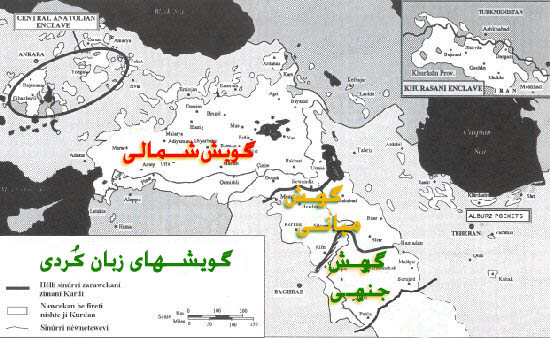Why do I have to learn how to write and read with a unified Kurdish alphabet?
Why do I have to learn how to write and read with a unified Kurdish alphabet?
Why do I have to learn how to write and read with a unified Kurdish alphabet?
For thousands of years, it was possible to maintain an oral form of Kurdish literature. More recently, the new world of electronic communication, displacement, regional upheaval, assimilation, internal conflict, exile and many other factors have made it difficult to do this. Kurds need to learn to write and read in order to pass their language onto their children. Further, a unified alphabet that can be used to express ideas and convey information in all electronic media will serve the Kurdish nation as a whole.
It is perhaps helpful to see this matter from the point of view of a Kurdish child who wants to openly declare “I am a Kurd and that is why I have no home and no school. My father died in clashes between factions in Kurdistan, my mother was raped by Turkish officers and killed herself, my brother is jailed in Teheran, my relatives were among 180,000 Pehlí (fayli) Kurds driven away by the Iraqi army, and my aunt died in Helebje. But I want to learn Kurdish and write about my suffering to my nation and those who will come after my generation.” What practical opportunities does this child have to tell others about the personal experiences that define his or her existence? A unified alphabet will enable the child to write about his or her life now, wherever he or she is. Others can then read it no matter if we are from Bakúr, Bashúr, Rojhellat, or Rojhawa, or abroad. We will have access to a unified Kurdish alphabet and a national archive that will keep this child’s cause, and the causes of many other people, alive forever.



